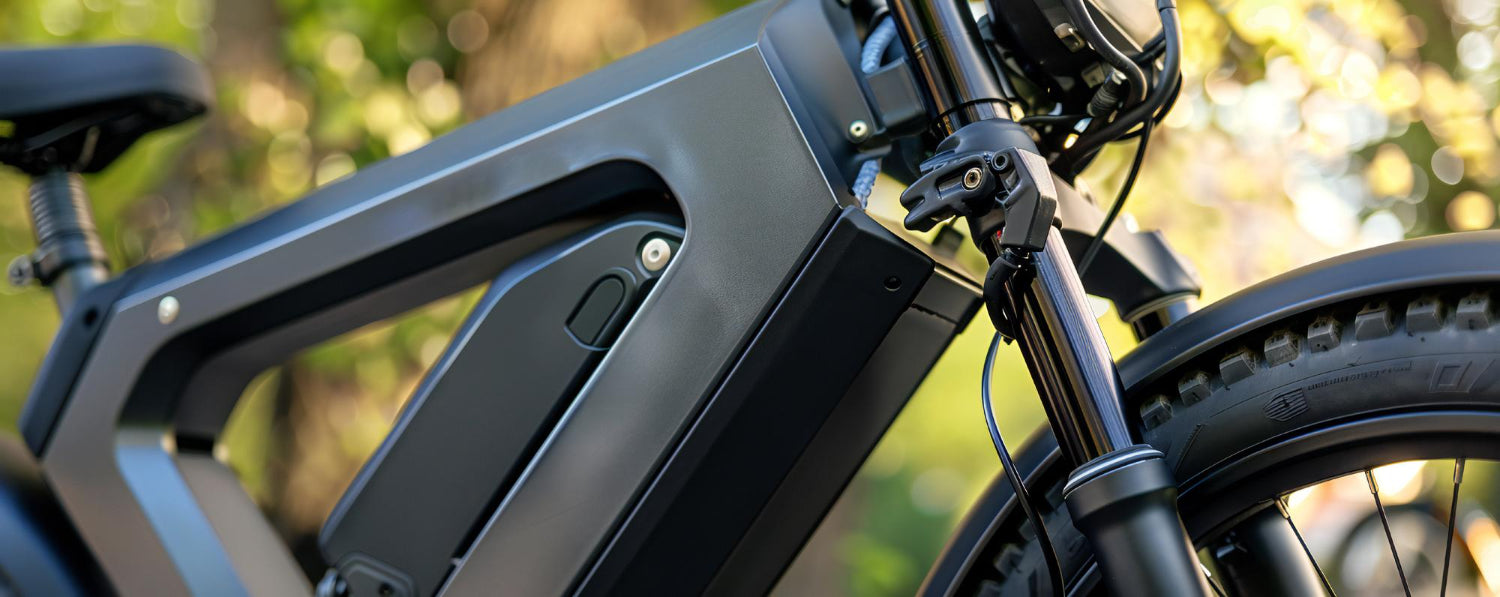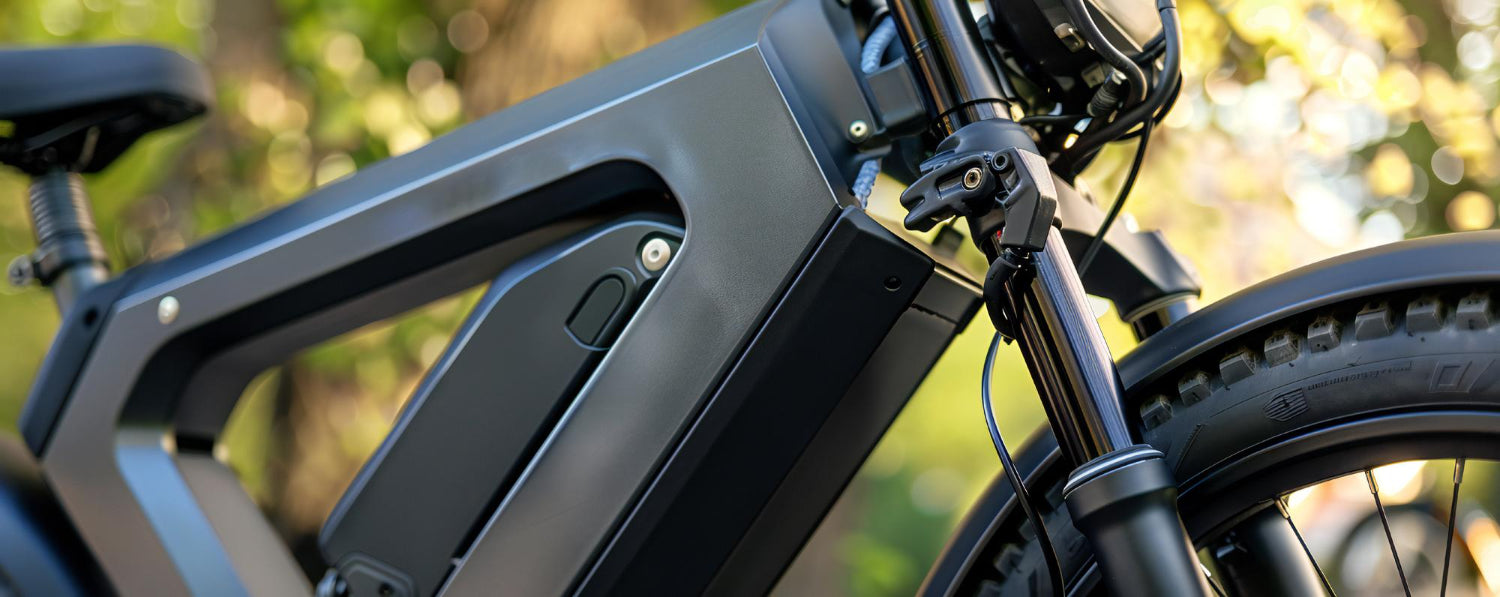Electric bikes are becoming popular for their eco-friendliness, lower running and maintenance costs, which is why they are famous among food delivery riders and students. If you are planning to buy your dream e-bike and want to know how much it will cost to charge it, today’s blog will answer your question thoroughly. Let’s begin our journey
What is the Cost of Electric Bikes?
Let's first discuss how much an electric bike costs nowadays.
The cost of an e-bike widely depends on its type, quality, features, and purpose.
· Prices for mountain e-bicycles range from £1,500 to over £5,000.
· Road bikes generally start from £1200 and go up to £6000.
· Hybrid e-bikes and folding e-bikes range from £ 1,000 to £ 3,000.
How Much Does It Cost to Charge an Electric Scooter:
The electricity price, battery size, and battery age of your e-bike are some factors that influence the cost of charging your bike. But here you can have a rough estimate of what to expect.
Now, to calculate the cost per charge, take your bike's capacity in Watt-hours (Wh) and convert it into kilowatt-hours (kWh) by dividing the capacity value (Wh) by 1000. Now multiply the value you pay for electricity by this output.
How Often Does Your Bike Need to Be Charged?
It depends on your use. How often do you use it, and how do you use it? For example, if your bike is on its maximum level of assistance, then it will need to be charged more often than usual at the assistance level.
Additionally, an e-bike with a larger capacity of 700Wh can travel up to 70 km on a single charge, whereas a bike with a smaller capacity of around 300Wh can travel up to 30 km.
How Much Time Does It Take to Charge an e-Bike?
This depends on your bike's battery type, the type of charger being used, and the battery's capacity. However, generally, expect a full charge to take between 3 and 7 hours.
Cost Factors of Charging an E-bike:
Your e-bike charging cost depends mainly on these factors:
· Electricity Rates:
Electricity rates per kWh vary by region and the provider, affecting the charging cost of your electric bike.
· Battery Capacity:
Larger e-bike batteries need more electricity than smaller batteries to charge, thus increasing the charging cost. However, they also require less frequent charging, which can be beneficial.
· Frequency of charging:
Charging cost also depends on how frequently your e-bike is charged. The more often you charge it, the more you will spend.
· Battery Maintenance:
To ensure efficient charging, keep both the battery and charger properly maintained. A high-quality battery reduces unnecessary energy consumption and costs.
· Charger type:
Fast chargers consume more electric power, leading to higher costs than those of standard chargers.
· Power Source:
Charging cost is also affected by the power source you use. If you use solar panels to charge your e-bike, the price will be significantly less than the grid electricity (for which you pay bills).
· Charging Efficiency:
Low-efficiency chargers result in energy loss, leading to higher charging costs.
· Time of Use Rates:
Electricity charges also depend on the time of day for some consumers. Therefore, charging an e-bike during peak hours can be more costly compared to off-peak hours, typically the afternoon or night.
How Do You Charge an Electric Bike?
You can follow these steps to charge your electric bike:
- Unlock the bike battery and remove it from your bike by using your battery case key.
- Plug it into your charger.
- Leave it until the battery lights turn green, which indicates that the battery is fully charged.
- As you slot it back into place, the battery should make a secure connection.
- Use your key to confirm your battery is securely locked in its place.
Your bike is fully charged, and now you're ready to go!
How Long Do E-Bike Batteries Last on One Charge?
It depends on your battery size and your speed. Typically, one charge lasts between 25 to 70 miles. An e-bike battery usually has 500-1000 charge cycles.
Conclusion:
Charging your electric bike costs only a few pennies per charge, depending on local electricity rates and battery size. Hence, the long-term expense of charging an e-Bike remains minimal compared to traditional fuel. Especially if the rider is aware of the factors that affect the charging cost of the bike, they can make budget-friendly transportation choices with ease.






